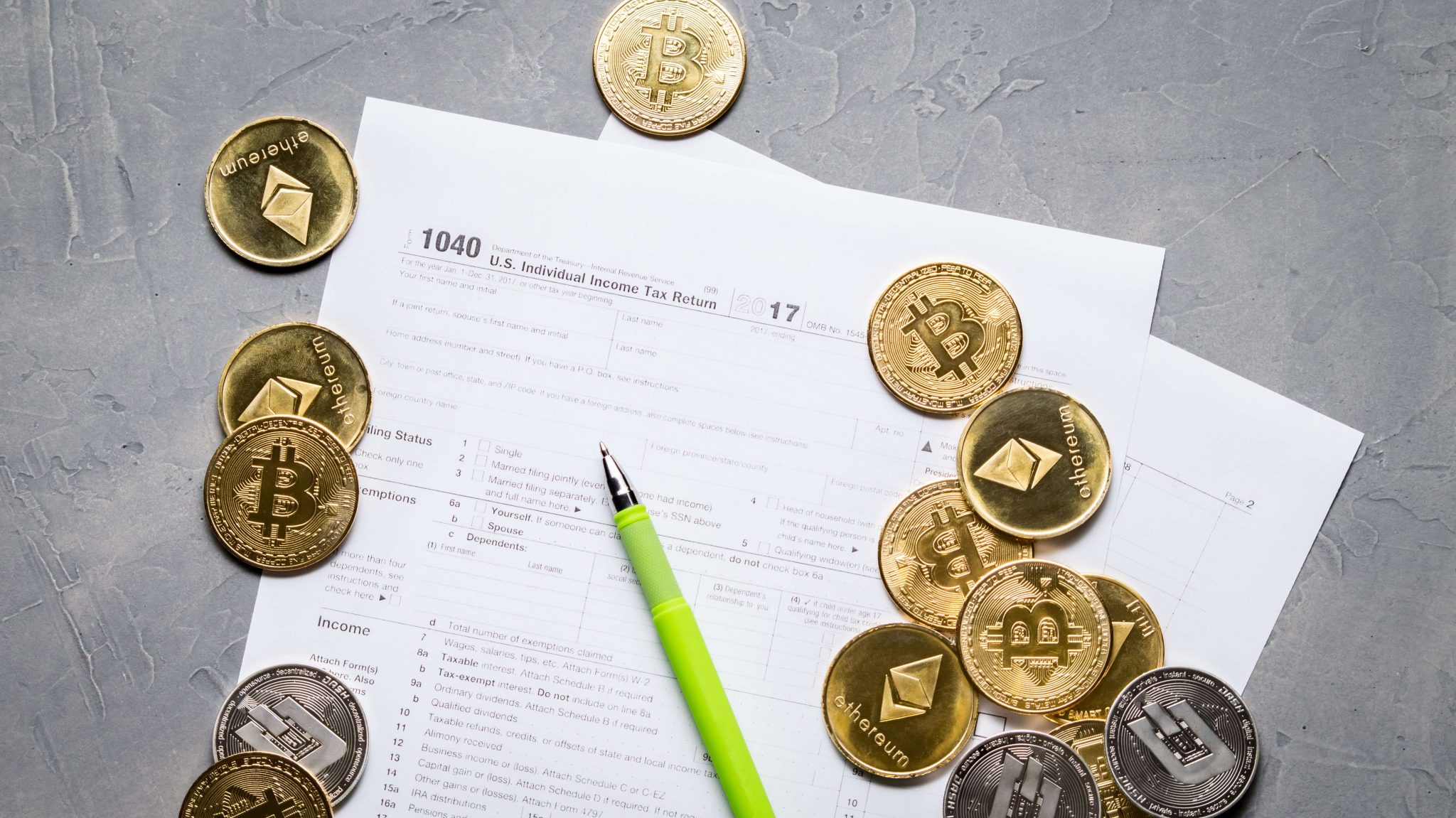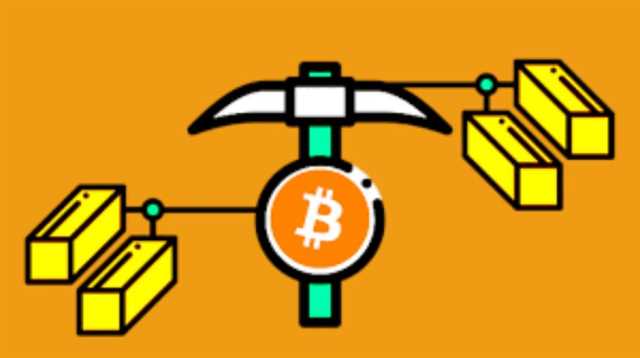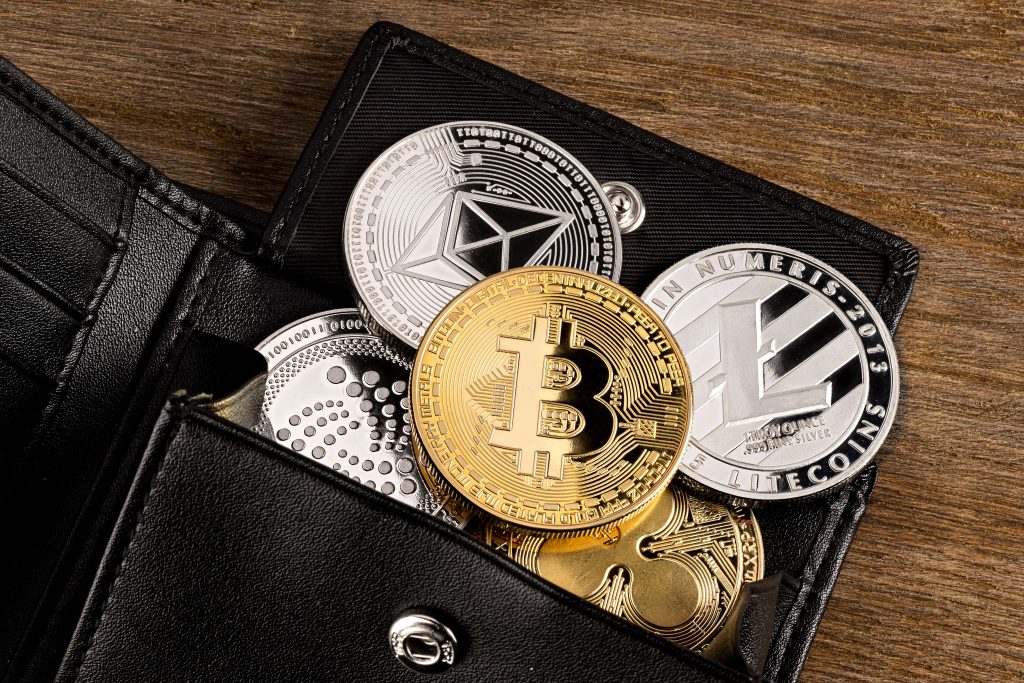Market capitalization is the total value of all tokens available, or the price of each token multiplied by the number of tokens in circulation. When a new cryptocurrency transaction occurs, it gets added to a digital ledger of all other transactions on a decentralized network of computers called the blockchain. Computers or ‘nodes’ of blockchain can have varying degrees of centralization and decentralization, and can be spread all across the world. Before a new transaction can be added to the blockchain, these nodes check the new data to be added or ‘block’, against each other’s records to verify it.
Setting up your wallet
This may involve entering information from your driver’s license or passport. Sometimes, you may need to provide a photo of yourself or a form of identification. There are two ways you can go about purchasing bitcoin and other cryptocurrencies—either through a broker or a cryptocurrency exchange. For beginners entering the realm of cryptocurrency, navigating the process of purchasing digital currencies may seem daunting. However, you can kickstart your cryptocurrency investment journey by adhering to these simple steps.
Pros of investing in cryptocurrency
Nearly every country of the world exempts cryptocurrencies from VAT. Like with every financial product you don’t need to pay VAT when selling Bitcoin. Even though you’ll not be storing a great deal of value on your hot wallet, it’s vital that you follow the backup steps within the restoration section of your wallet to avoid losing funds through human error. With your private key, and seed phrase intact, you should be able to restore any wallet painlessly enough. While transacting with hot wallets is very simple, there is a huge drawback when it comes to them.
Step 3: Consider storage and digital wallet options
Bitcoin is a cryptocurrency, an electronic version of money that verifies transactions using cryptography (the science of encoding and decoding information). Bitcoin, the first cryptocurrency, was launched in 2009 as an alternative type of decentralized and digital money. Since then, people have also created cryptocurrencies that serve other functions or are designed for specific types of transactions.
Instead, they are overseen by an online, decentralized network of users. Cryptocurrencies are often envisioned and referred to as digital coins or tokens. Vetting cryptocurrencies can be more difficult because they have become a popular vehicle for fraud, such as pump-and-dump schemes. Those risks might leave you wondering how to invest in cryptocurrency without falling victim to a scam. In order to avoid pump-and-dump schemes, avoid smaller/newer cryptos that are being heavily promoted on social media platforms.
You can either place your own trades through an online account, or hand control over to a financial adviser and investment manager. There are several variables to consider for investors who are trying to determine how to choose a crypto wallet. Technically, a user can write their private keys on a piece of paper, or alternatively, they can type them up using a word processor and print them out. While this may seem basic, it at least eliminates the risk of someone accessing one’s private keys through the internet. Bitcoin ATMs provide an easy way for interested parties to buy and sell the digital currency.
What is the current price of ethereum?
- Right now there are only a few tax consultants who know how to deal with cryptocurrencies.
- The current circulating supply of PLU is 4.7 million, with a mechanism in place that makes it a deflationary token, as increased demand for PLU impacts its value and reduces the emission rate from the Rewards Pool.
- Here are some steps to take if you’re considering an investment opportunity.
- Stash does not provide personalized financial planning to investors, such as estate, tax, or retirement planning.
- To the extent any recommendations or statements of opinion or fact made in a story may constitute financial advice, they constitute general information and not personal financial advice in any form.
Potential institutional adoption of Ethereum, akin to that of Bitcoin, could significantly boost its market presence and enhance its value proposition for investors. Bitcoin’s long-term growth may be hindered by its decreasing block reward, as this could lead to reduced profitability for miners and potentially compromise the security of the network. Concerns about Bitcoin’s proof-of-work consensus model and its environmental impact could lead to government restrictions or taxes, negatively affecting Bitcoin’s market value. Given the riskiness of cryptocurrency as an asset class, it’s especially important not to invest more money in crypto than you can afford to lose.
- This guide will explain everything you need to know about taxes on crypto trading and income.
- NFTs are unique digital creations representing ownership of digital property, such as a work of art, song or video.
- Bitcoin miners receive a set amount of BTC as a reward for their services to validate a block.
- Amazingly Germany, a country usually known for very high tax rates, has become a tax haven for cryptocurrencies.
- Every cryptocurrency is different, so the best option depends on your individual circumstances.
- So you lost money in cryptocurrency trading but have to pay taxes for it.
Motley Fool Investing Philosophy
Some of the best cryptocurrency exchanges (such as Kraken and Coinbase) offer assets like staking rewards, goal-planning features, low fees, and more. Yes, investors can gain exposure to bitcoin through the Australian Securities Exchange (ASX) through the VanEck bitcoin ETF (VBTC). VBTC provides a regulated way to invest in bitcoin without How to invest in cryptocurrency with Tokenexus directly owning the cryptocurrency. This ETF aims to track the price of bitcoin by investing in VanEck’s US bitcoin Trust. While this doesn’t constitute direct ownership of bitcoin, it offers a familiar and regulated method for ASX investors to gain exposure to bitcoin’s price movements within their existing brokerage accounts.
Comments are closed.



